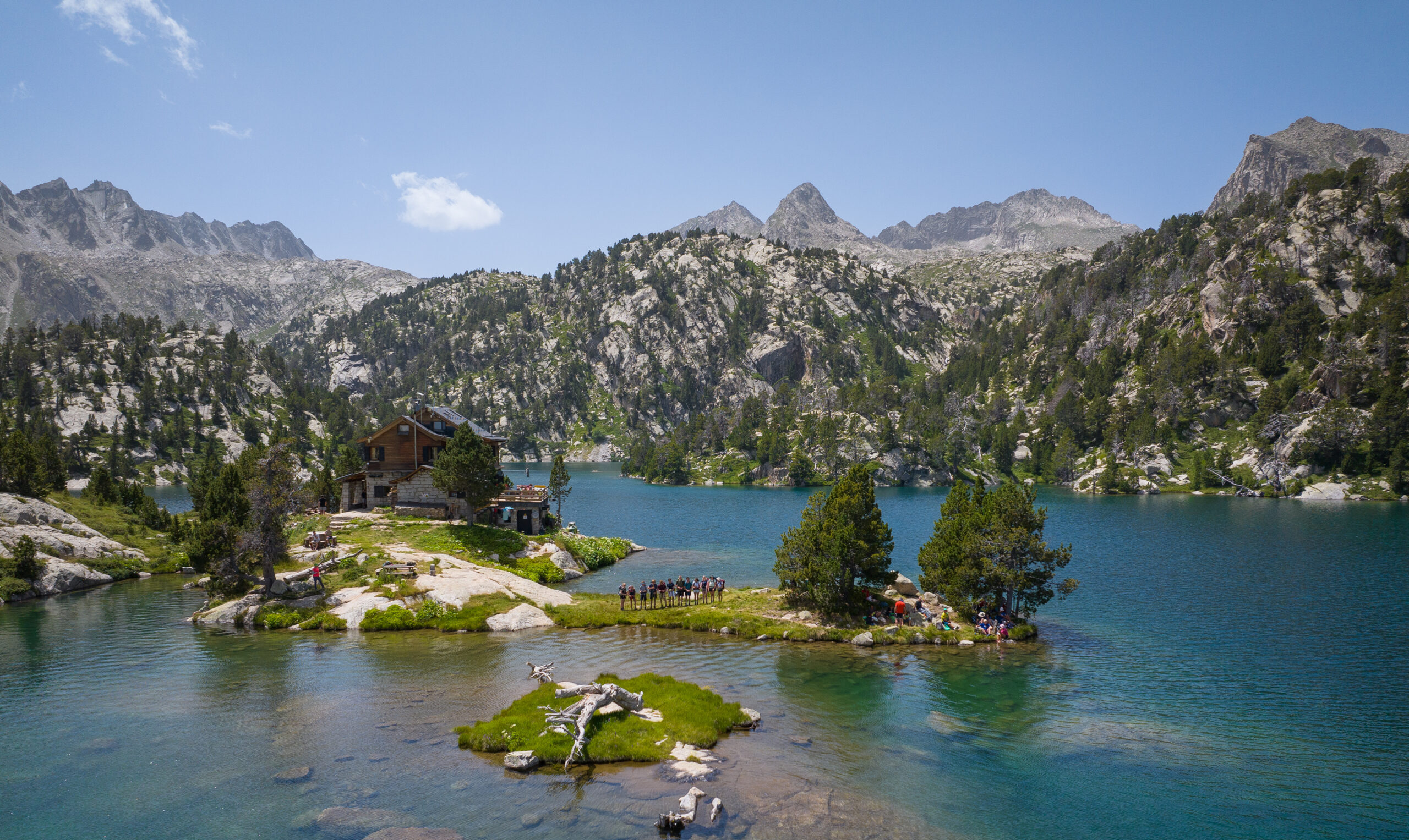There are thousands of blogs out there in cyberspace that focus on a niche air travel subjects—like getting upgrades or maximizing miles or churning credit cards—but that’s not the focus of our Flying Smart posts. The Flying Smart posts are not niche. They’re not about upgrades or miles or credit cards. Instead, they’re about important air travel basics.
In this post, we’ll focus on two easy to utilize Flying Smart basics: (1) Flying early in the day, and (2) Flying non-stop.
Fly Early in the Day
This seems so self-evident, so common sensical. But still, millions of air travelers make this mistake every day. Here’s why traveling early in the day is so important:
If you book a seat on a flight that starts at your departure airport early in the morning — say between 5:30 a.m. and 6:30 a.m. — you can check your airline’s app the night before to see that your aircraft has arrived and is waiting for you. If it is not, you can rebook your flights the night before.
If you are booked on a trip that includes a connection, you want to get to your connecting airport as soon as possible, so that if there is a delay or a cancellation, you will have as many options as possible to get to your destination. Conversely, if you fly late in the day, you risk a delay or a cancellation that could result in a travel day that implodes, and you might be stuck in an airport or city short of your destination.
Lots of travelers choose to fly later in the day for the (perceived) convenience of not having to get up early. Trust me on this: it’s better get up and get going than to be delayed or cancelled.
Still other travelers choose flights later in the day because they’re chasing the cheapest flights possible. But having your travel day blow up because of a missed connection is a cost that you need to factor into your thinking. When traveling to an important meeting, or reunion, or event, time is, in fact, money: Spend it wisely.
Fly Non-Stop
Let’s look at flying non-stop. If you live near a major city, there is no excuse for choosing anything other than a non-stop. But, if your closest airport is in a smaller city (ours is Albany, New York) you might think it’s better to fly from that airport and connect.
And yeah, it’s usually okay. But not always. Sometimes, it makes sense to drive to a bigger airport so that you can fly non-stop.
Here’s how we think about this: if a missed connection will significantly impact the overall trip (e.g., missing an event like a wedding), we will sometimes drive to Newark, New Jersey, or Boston, Massachusetts, and get a non-stop from there. Sure, it takes longer, but it could very well make all the difference.
The value of a non-stop — especially one early in the day — can’t be overstated. Here’s a final example: every February we escape the ice and cold and dark of New England for the sunshine and warm weather on Lord Howe Island in Australia. To get to Lord Howe, we first have to fly to Sydney. Currently, from the East Coast, to get to Sydney, there is just one non-stop, but it’s on Qantas, and we use miles on United, so we have to connect through Houston, Los Angeles, or San Francisco. We could arrive in one of those cities just an hour or two before our departure for Sydney. But that would be unwise, because if we miss the flight to Sydney, we’re not going to be delayed a few hours, we’re likely going to be delayed at least 24 hours — and that’s if there are seats available on the next night’s flights. We start our travel early in the day so that we have at least three non-stop options to get to the West Coast in time for our flight to Sydney. When we arrive on the West Coast with time to spare, we can relax, knowing that we’re going to walk out of airport the next day into a beautiful summer day in Australia.
How To Choose A Summer Adventure For Your Child
Get first-hand insights into what you should look for when choosing the next summer travel adventure for your child.






